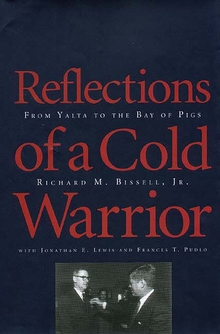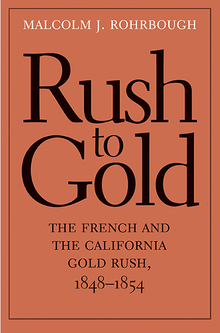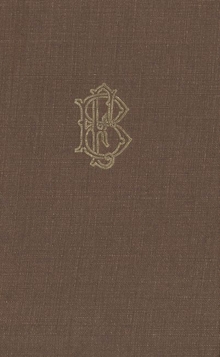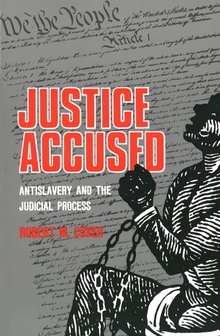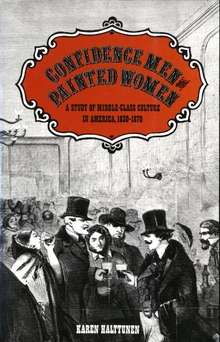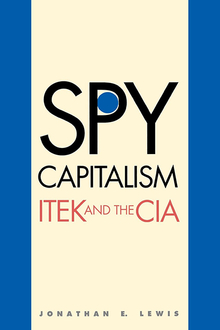Reflections of a Cold Warrior
WARNING
You are viewing an older version of the Yalebooks website. Please visit out new website with more updated information and a better user experience: https://www.yalebooks.com
From Yalta to the Bay of Pigs
Richard M. Bissell, Jr.; With contributions by Jonathan E. Lewis and Frances T. Pudlo
Bissell begins by describing his early years as a member of America's unofficial aristocracy. Born in a house that his father bought from Samuel Clemens, he was educated at Groton and Yale and befriended by Charles and Anne Morrow Lindbergh, among others. Bissell recounts how he became acting head of the Economic Cooperation Administration, the agency in charge of the Marshall Plan after World War II, and helped to create the European Payments Union. Bissell was brought into the CIA in 1954, where he initiated a revolution in intelligence-gathering techniques. He reveals the details of these developments, as well as of the unique CIA-Lockheed partnership he pioneered, his participation in the CIA-sponsored coup to overthrow Arbenz in Guatemala, and his involvement in crises in Laos and the Congo. Bissell's memoir sheds light not only on pivotal points of American foreign policy but also on America's evolution from isolationist to interventionist superpower.
"This could well become one of a handful of truly important memoirs concerning intelligence, both for its new details and for its general revelations about attitudes."—Robin Winks
"Richard Bissell's memoir provides a depth of personal insight and information never before available. From my own association with him on the U-2 project, and my knowledge of key early decisions relating to Cuba in the Eisenhower Administration, I can second his reflections on those historic undertakings. His book will have lasting value."—Andrew J. Goodpaster, Co-chair, The Atlantic Council of the United States
"[A] revealing memoir by the man who was in overall charge not only of the U-2 and SR-71 spy planes and the spy satellite program but also of the bay of Pigs....The record of an honorable and effective public servant in dangerous times, it is wise and worthwhile."—Kirkus Reviews
"The memoir is refreshing in its apologetic hindsight. . . . Worth reading . . . for its insights into the links between bureaucratic process and government policy. Even enemies of the CIA are likely to be engaged by Bissell's unpretentious voice and periodic admissions of fallibility."—Publishers Weekly
"A fascinating memoir. . . . Apart from sketching a life of public service, it takes us through key decisions in the two enterprises, recounting in arresting detail what went right and wrong—and why. . . . Bissell's engaging memoir is a persuasive corrective to our current aversion to risk in foreign affairs."—Gabriel Schoenfeld, The Wall Street Journal
"Besides providing the reader with much objective and illuminating Cold War history, Bissell's book appears to draw a portrait of a refreshing rarity in the realm of political memoirs: The man of honor and integrity."—Chris Patsilelis, The Hartford Courant
"An impressive memoir. . . . It provides a fascinating look under the lid of this century's main political battle."—Vitali Vitaliev, The Daily Telegraph
"Informative and stimulating. It shows us where we have been and poses some hard questions on where we might wish to go in the future. It is both a fitting memorial and a legacy worthy of the conscientious public servant who has bequeathed it to us."—Mark Falcoff, National Interest
"Bissell's memoirs will surely contribute to a better understanding by historians and political scientists of the context and mindset that influenced decision-making inside the CIA during the Cold War."—Rémi Hyppia, National Security Studies Quarterly
"This is an 'insider's' account that should be read by anyone interested in the era, but is without sensationalism."—Robert J. Maddox, History: Reviews of New Books
"Elegantly and compactly written. . . . The book would be appropriate for upper-level undergraduates and introductory level graduate students in history and political science classes covering bureaucratic politics, foreign policy making and analysis, case studies in American foreign policy and international relations, and the Cold War. Students will benefit form Bissell's eye to detail, bureaucratic expertise, and history of technology."—Elizabeth Edwards Spalding, Presidential Studies Quarterly
Publication Date: May 29, 1996

